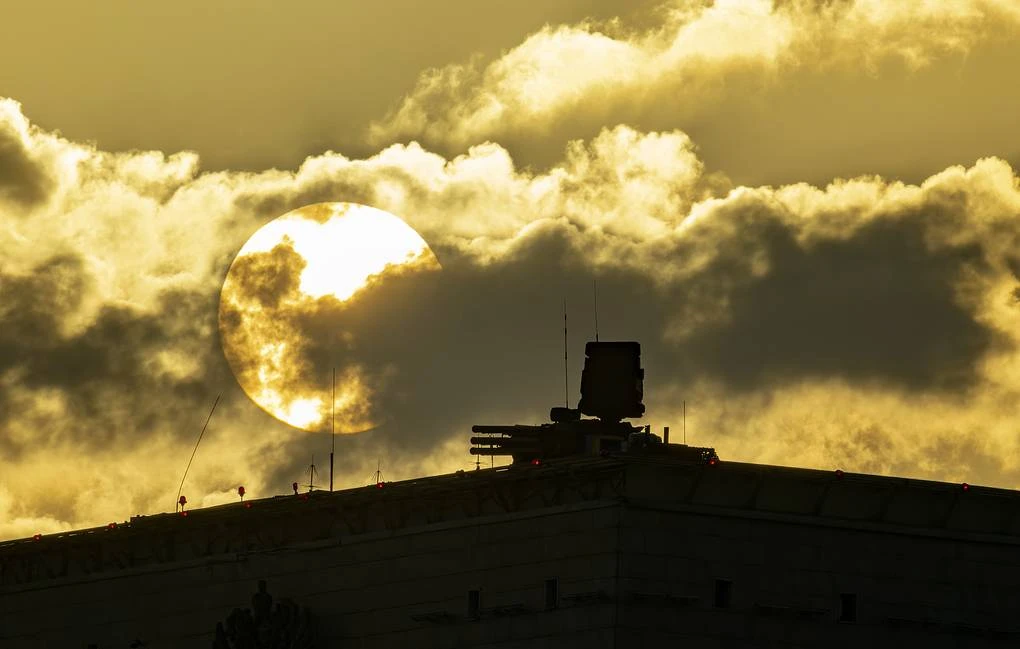
Ukraine steps up UAV attacks on Crimea
Crimea hit by attack
On November 24, the Russian Defense Ministry announced that its air defense systems had shot down 13 Ukrainian UAVs over Crimea and three UAVs in the Volgograd region. Russia did not mention any damage or casualties, TASS reported.
On the same day, Ukrainian officials said Kremlin forces had escalated their offensive against Avdiivka, a strategically important city in eastern Ukraine.
Russia launches "most intense" attack on Avdiivka
The push to step up attacks by both sides comes at a time when both Russia and Ukraine want to show they are not locked in a stalemate as 2024 approaches.
As winter approaches, Russia and Ukraine are looking to seize areas that could provide a platform for future military advances. As such, both sides are expected to continue military operations in the coming period to gain an advantage in the areas.
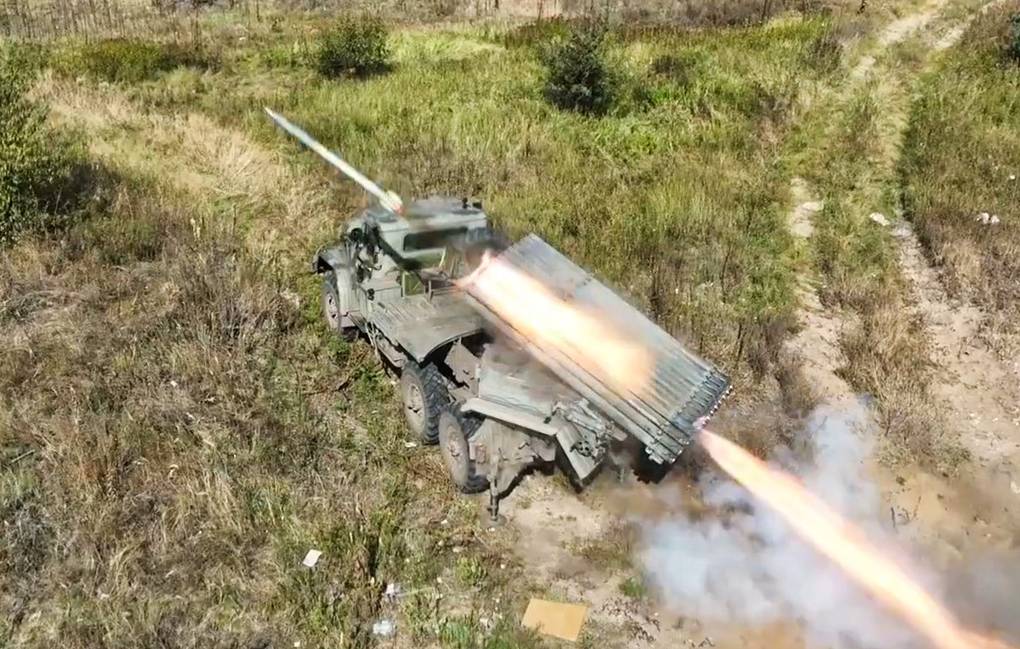
Russia opposes 'military Schengen', threatens to retaliate
Russia responds to 'military Schengen' plan
Also on November 24, the Kremlin said that the North Atlantic Treaty Organization (NATO)'s desire to establish a military mechanism like the Schengen area, which allows the armed forces of member countries to move freely to counter Russia, has increased tensions and is a cause for concern.
In an interview with Reuters a day earlier, Lieutenant General Alexander Sollfrank, head of logistics mission at NATO's Joint Support Enabling Command (JSEC), expressed his desire to establish a so-called "military Schengen" to remove barriers that delay troop movements across Europe.
According to the general, the delay could have serious consequences if a conflict with Russia breaks out.
Flashpoints: Ukraine President Warns Commander-in-Chief; Gaza Ravaged by Hush
In response to the above information, Kremlin spokesman Dmitry Peskov affirmed that Russia will respond if the "military Schengen" proposal becomes a reality.
According to Mr. Peskov, the discussion to build a "military Schengen" once again proves that Europe does not want to listen to Russia's legitimate concerns and is ready to strengthen the bloc's security at Russia's expense.
Since the end of the Cold War and the collapse of the Soviet Union, NATO has expanded its territory by 1,000 km to the east, including countries that were members of the Warsaw Pact, including Poland and the Baltic states. This action has caused tension between Russia and NATO in recent times.
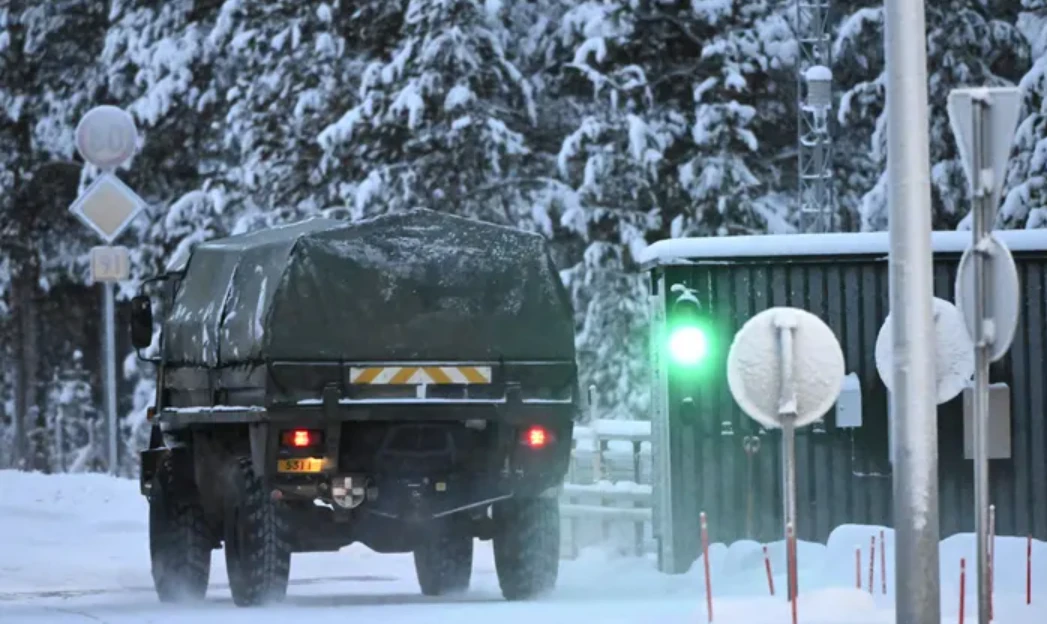
Finland strengthens border controls
Finland closes additional border checkpoints with Russia
On November 24, Finnish Prime Minister Petteri Orpo asked Russia to stop sending illegal immigrants to the border with Finland after the Nordic country temporarily blocked all border posts with Russia except Raja-Jooseppi, the gateway in the Arctic region.
The Finnish Border Guard says more than 800 migrants from several countries, including Afghanistan, Kenya, Morocco, Pakistan, Somalia, Syria and Yemen, have entered Finland from Russia in the past few weeks.
The Helsinki government accused Moscow of seeking retaliation for Finland's decision to increase military cooperation with the United States after joining NATO.
Ukraine fears being pushed into talks by the West out of fear of Russia
In response to the situation, dozens of officers from the European Union's border agency Frontex are expected to help Finland patrol its 1,340-km border with Russia from next week.
On the same day, Slovakian Prime Minister Robert Fico commented that the war between Russia and Ukraine is a "frozen" conflict that cannot be resolved by continuing to provide weapons to Kyiv, according to AP.
The Slovak leader said both sides should sit down at the negotiating table to find ways to resolve their differences and move towards ending the war.
Prime Minister Fico predicted that the war could last until 2030 if Russia and Ukraine do not sit down at the negotiating table, according to AFP.
Source link



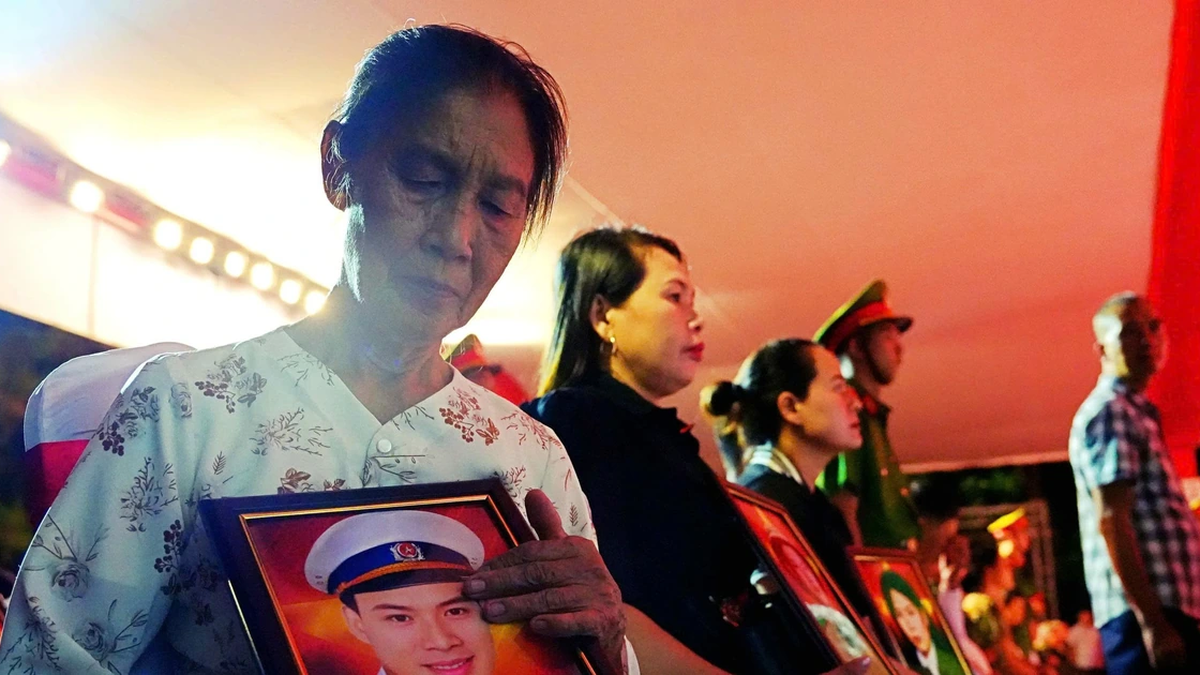





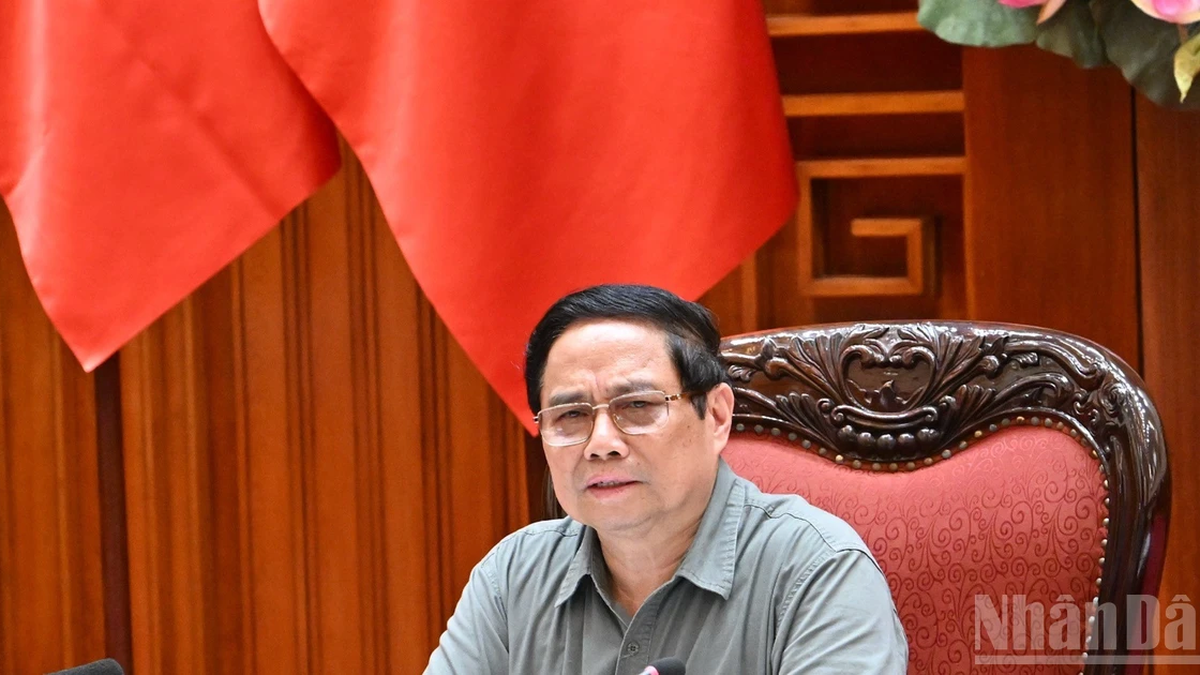

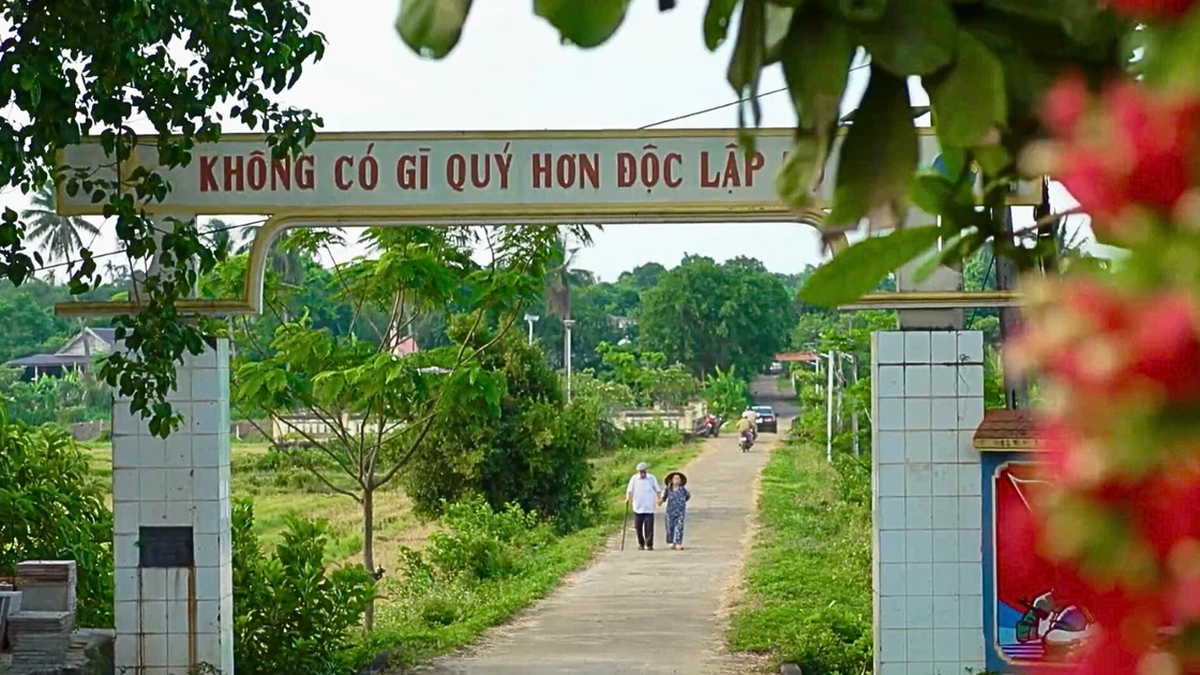






















































































Comment (0)